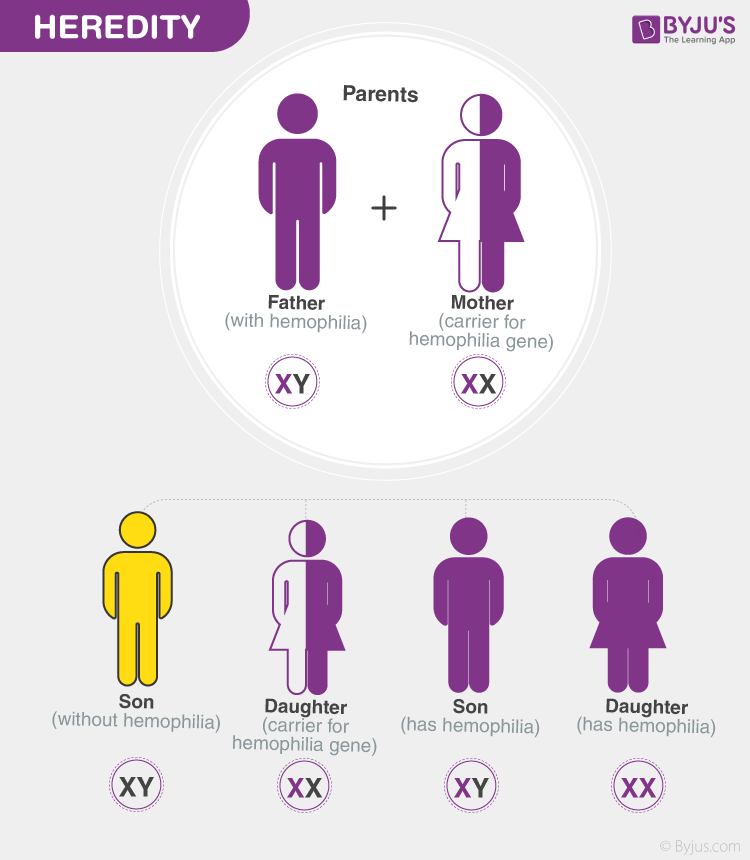Do you remember our grandparents telling us that we are accurately like our father or mother?
Yes, it is the concept of heredity, the most puzzling and mysterious phenomenon of nature. No matter how unique we call ourselves, we happen to be an accumulation of all the traits we have inherited. Therefore, bloodline matters and those traits will travel through you, to the end of time.

Heredity is normally defined as the method by which an offspring acquires predisposed characteristics from its parent cell. It is the process of transferring genetic traits from parents to their offspring and is initiated by the recombination and segregation of genes during cell division and fertilization.
The process of heredity is the sum of all biological processes resulting in the genesis of a new organism similar to its kind and displaying certain modifications arising from the genes and their interactions with their surroundings.

Inheritance
Inheritance works differently during sexual and asexual reproduction.
For example – When one individual bacterium divides, it produces two bacteria which again divides and produce four individual bacterium. The newly generated individuals would be very much similar to each other and there would be only minor differences between them due to small errors in DNA copying. This is the case with asexual reproduction.
In the case of sexual reproduction, greater variation between individuals can be observed. Not all these changes in a species have similar possibilities of surviving in the environment. Their possibilities mainly depend on the nature of variations or evolution. Different individuals have different kinds of advantages.
For example – Drosophila which has a strong resistance to heat will persist better even in a heatwave. So here the selection of variants by environmental factors determines the source of the evolutionary process. Although, several obvious consequences of the reproductive process still remain with the generation of individuals, the similar pattern and the rules of heredity determine the process by which traits and characteristics are reliably inherited.
Watch this video to know more about Heredity:

To learn more about the heredity and Inheritance, visit BYJU’S.
Frequently Asked Questions on Heredity
Give examples of hereditary diseases.
Down’s syndrome, sickle cell anaemia, turner’s syndrome, Haemophilia and colour blindness are hereditary diseases.
Why sexual reproduction produces more variation?
In sexual reproduction, the chromosomes from both the parents are mixed resulting in a completely new set of chromosomes. They also undergo crossing over during gamete formation and thus each gamete formed is unique. So the progeny has more variation.
What biomolecules are responsible for heredity?
The Deoxy ribo nucleic acid abbreviated as DNA is responsible for heredity, as it carries coded information from parents to offspring through the gametes.

good